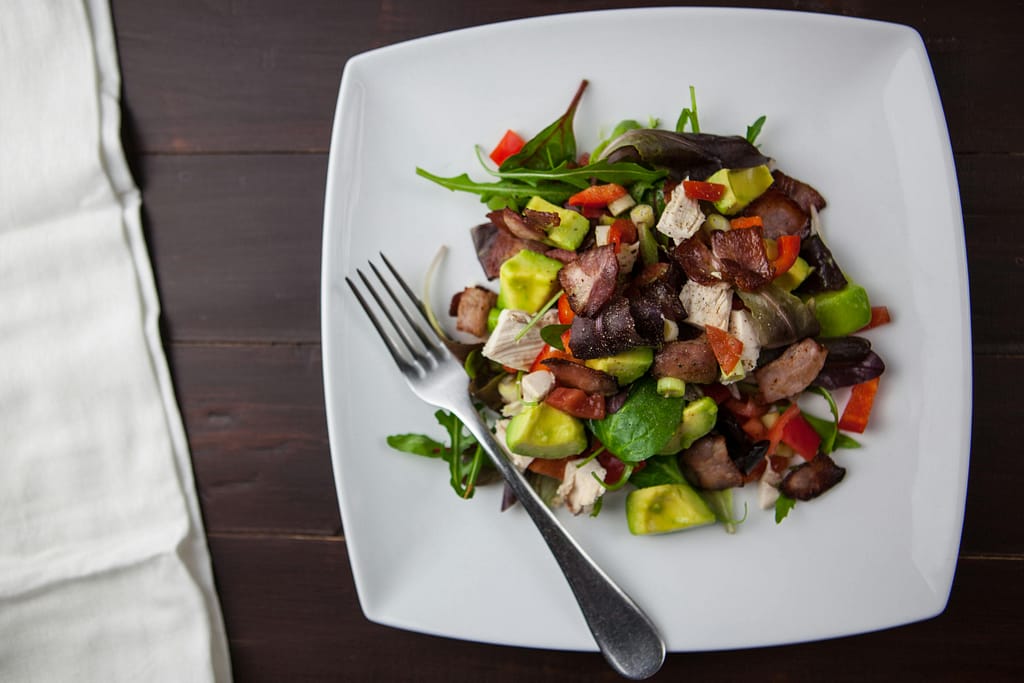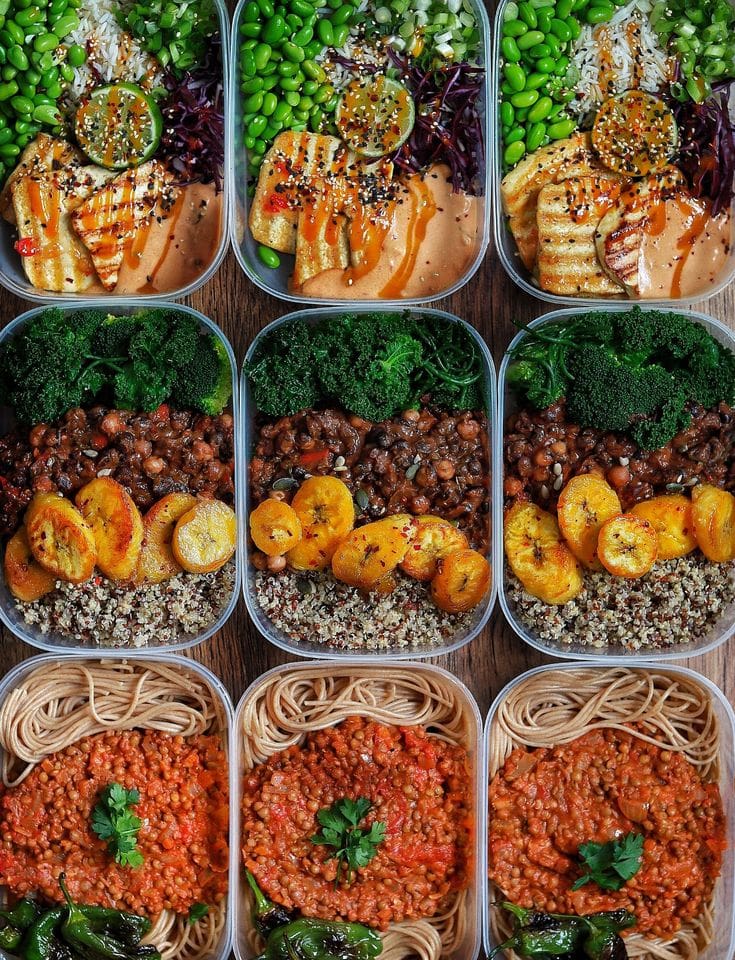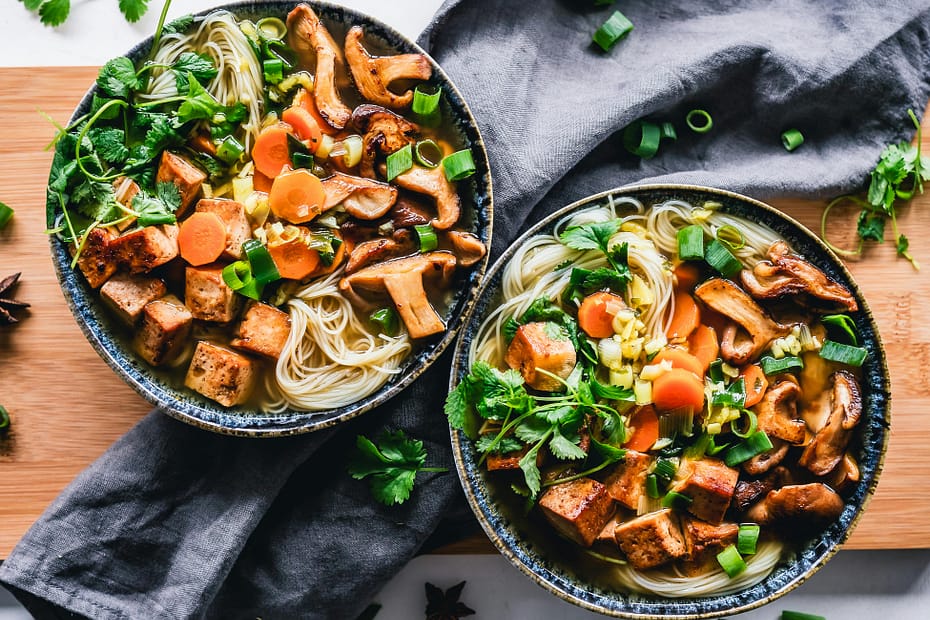What is Pre-Workout Nutrition?
Pre-workout nutrition isn’t just a fancy term thrown around by fitness enthusiasts. It’s a crucial part of your workout regime that can significantly impact your performance. Essentially, it’s about fueling your body with the right nutrients at the right time to maximize your energy and endurance during exercise.
Why is Pre-Workout Nutrition Important?
Imagine trying to drive a car without any gas – you wouldn’t get very far, would you? Similarly, your body needs the right fuel to perform at its best. Proper pre-workout nutrition helps to:
- Boost energy levels
- Enhance performance
- Prevent muscle breakdown
- Speed up recovery post-exercise
Overview of the Article
In this guide, we’ll delve into the nitty-gritty of pre-workout nutrition. From understanding macronutrients to timing your meals, we’ll cover it all. Plus, we’ll share some tasty meal and snack ideas that you can easily incorporate into your routine.
Understanding Your Body’s Fuel Needs

The Role of Macronutrients
Your body relies on three primary macronutrients: carbohydrates, proteins, and fats. Each plays a unique role in fueling your workout.
Carbohydrates: Your Primary Energy Source
Carbohydrates are your body’s go-to energy source. They break down into glucose, which fuels your muscles during high-intensity workouts. Think of them as the high-octane fuel for your body.
Proteins: Building and Repairing Muscles
Protein is essential for muscle repair and growth. It’s like the construction crew that rebuilds your muscles stronger after a workout. Consuming protein before a workout can help reduce muscle damage and enhance recovery.
Fats: Sustained Energy Source
While fats aren’t the primary source of energy during intense exercise, they are crucial for longer, low-intensity workouts. They provide a slow, steady release of energy, helping you power through prolonged sessions.
Timing Your Pre-Workout Meal
Timing your pre-workout meal can be a bit of a balancing act. Eat too early, and you might feel hungry halfway through your workout. Eat too late, and you could feel sluggish and weighed down.
The Ideal Timing Window
Ideally, you should eat a balanced meal 2-3 hours before working out. This allows enough time for digestion and absorption of nutrients.
Adjusting Based on Your Schedule
If you’re short on time, a smaller snack 30-60 minutes before your workout can still provide the necessary energy boost. Choose easily digestible foods to avoid any gastrointestinal discomfort.
What to Eat Before a Workout
Best Carbohydrate Sources
Not all carbs are created equal. Choosing the right type can make a significant difference in your performance.
Simple vs. Complex Carbs
Simple carbs, like fruits and honey, provide a quick energy boost. Complex carbs, such as whole grains and vegetables, offer sustained energy over a longer period. Depending on your workout intensity and duration, you might choose one over the other.
Examples of Carb-Rich Foods
- Whole grain bread
- Oats
- Sweet potatoes
- Bananas
- Berries
Optimal Protein Choices
Proteins can come from a variety of sources. It’s all about finding what works best for you.
Animal-Based Proteins
- Chicken breast
- Turkey
- Eggs
- Greek yogurt
Plant-Based Proteins
- Quinoa
- Lentils
- Chickpeas
- Tofu
Healthy Fats to Include
Incorporating healthy fats can help sustain your energy levels, especially for longer workouts.
Examples of Healthy Fats
- Avocado
- Nuts and seeds
- Olive oil
- Nut butters
Pre-Workout Meal and Snack Ideas
Quick and Easy Pre-Workout Meals
Preparing a balanced meal doesn’t have to be complicated. Here are a couple of quick and easy ideas.
Meal 1: Chicken and Brown Rice
A classic combo that provides a good mix of carbs and protein. Add some steamed veggies for extra nutrients.
Meal 2: Greek Yogurt with Berries and Honey
This meal is light but packed with protein and carbs. The berries add a touch of sweetness and antioxidants.
Convenient Pre-Workout Snacks

If you’re in a rush, these snacks are perfect for a quick energy boost.
Snack 1: Banana with Peanut Butter
Bananas are a great source of quick carbs, and peanut butter adds a dose of protein and healthy fats.
Snack 2: Oatmeal with Almonds
Oatmeal is a fantastic source of complex carbs, and almonds provide protein and healthy fats.
Hydration: The Forgotten Component
Importance of Staying Hydrated
Hydration is often overlooked, but it’s crucial for optimal performance. Dehydration can lead to fatigue, reduced endurance, and decreased coordination.
Best Hydration Practices
- Drink water regularly throughout the day.
- Consume 16-20 ounces of water 2-3 hours before your workout.
- Sip on water during your exercise session.
Supplements to Consider
While whole foods should be your primary source of nutrients, certain supplements can give you an extra edge.
Common Pre-Workout Supplements
Creatine
Creatine can enhance strength and power, making it popular among those doing high-intensity training.
Caffeine
Caffeine is a well-known performance booster. It can increase alertness and reduce the perception of effort.
Branched-Chain Amino Acids (BCAAs)
BCAAs can help reduce muscle soreness and support muscle growth.
Natural Alternatives
If you prefer to keep it natural, foods like beet juice and green tea can also offer performance benefits.
Listening to Your Body
Signs You’ve Eaten the Right Foods
When you’ve nailed your pre-workout nutrition, you should feel energized and strong during your workout. You shouldn’t experience any digestive discomfort.
Adjusting Your Diet Based on Performance
Pay attention to how different foods affect your performance. Everyone’s body is unique, so it might take some experimentation to find what works best for you.
Finally …
Recap of Key Points
Pre-workout nutrition is essential for maximizing your performance and recovery. Focus on consuming a balanced mix of carbs, proteins, and fats, and pay attention to timing your meals correctly.
Encouragement to Experiment and Personalize
Remember, there’s no one-size-fits-all approach. Experiment with different foods and timings to find what fuels your workouts best.
FAQ’s
What should I eat if I workout early in the morning?
For early morning workouts, a small, easily digestible snack like a banana with peanut butter or a smoothie with fruit and yogurt can provide the quick energy boost you need without weighing you down.
How long before a workout should I eat?
Ideally, you should aim to eat a balanced meal 2-3 hours before your workout. If you’re pressed for time, a smaller snack 30-60 minutes before exercising can still be beneficial.
Are there foods I should avoid before working out?
Yes, avoid foods that are high in fat or fiber right before working out, as they can cause digestive discomfort and slow down your performance. Greasy foods and large meals are best avoided pre-workout.
Can I exercise on an empty stomach?
Exercising on an empty stomach, or fasted cardio, can be effective for some people, especially for those aiming for fat loss. However, it’s not suitable for everyone. Pay attention to how your body responds and adjust accordingly.
How does pre-workout nutrition differ for strength training vs. cardio?
For strength training, focus on consuming more protein to support muscle repair and growth, along with carbohydrates for energy. For cardio, prioritize carbohydrates to fuel your endurance and maintain energy levels throughout your workout.
By following these guidelines and paying attention to your body’s needs, you can optimize your pre-workout nutrition to enhance your performance and achieve your fitness goals. Experiment, personalize, and find what works best for you. Happy training!
